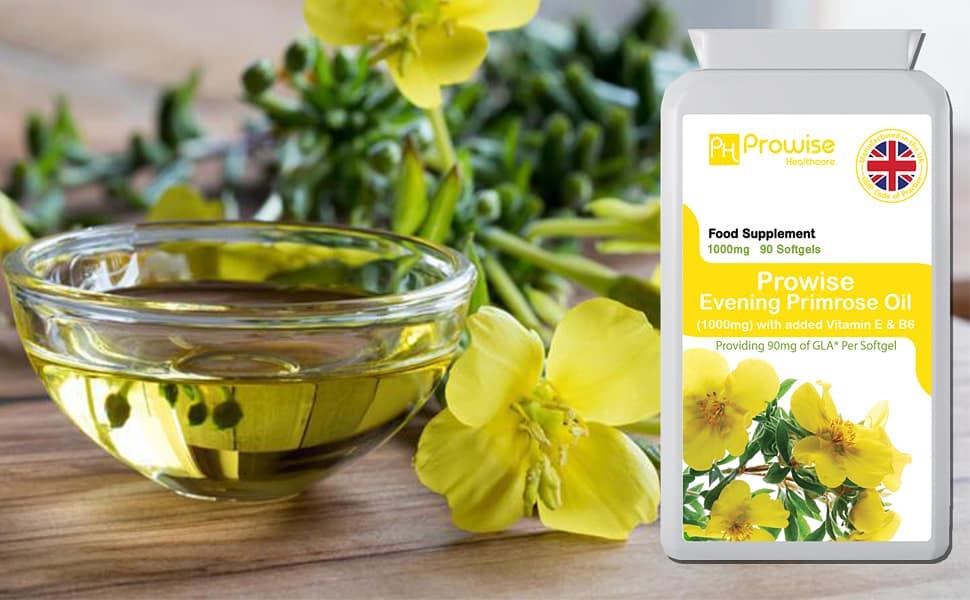A hormone is any member of a class of signaling molecules in multicellular organisms that are transported to distant organs to regulate physiology and behavior.
Hormones are your body’s chemical messengers. Produced in the endocrine glands, these powerful chemicals travel around your bloodstream telling tissues and organs what to do. They help control many of your body’s major processes, including metabolism and reproduction. When you have a hormonal imbalance, you have too much or too little of a certain hormone. Even tiny changes can have serious effects throughout your whole body.
What are the signs or symptoms of a hormonal imbalance?
Your hormones play an integral role in your overall health. As a result, there’s a broad range of signs or symptoms that could signal a hormonal imbalance. Your signs or symptoms will depend on which hormones or glands aren’t working properly.
Common hormonal conditions affecting both men and women could cause any of the following signs or symptoms:
- weight gain
- a hump of fat between the shoulders
- unexplained, and sometimes sudden, weight loss
- fatigue
- muscle weakness
- muscle aches, tenderness, and stiffness
- pain, stiffness, or swelling in your joints
- increased or decreased heart rate
- sweating
- increased sensitivity to cold or heat
- constipation or more frequent bowel movements
- frequent urination
- increased thirst
- increased hunger
- decreased sex drive
- depression
- nervousness, anxiety, or irritability
- blurred vision
- infertility
- thinning hair or fine, brittle hair
- dry skin
- puffy face
- rounded face
- purple or pink stretch marks
Keep in mind that these symptoms are nonspecific, and having them doesn’t necessarily mean that you have a hormonal imbalance.
Evening primrose
Evening primrose is a plant that’s native to Europe and North America. It has a long history of medicinal uses. Evening primrose oil is extracted from the seeds of evening primrose. The oil contains gamma-linolenic acid (GLA), an omega-6 fatty acid that has both anti-inflammatory and analgesic (pain-relieving) properties.
Alternative healthcare providers believe that evening primrose oil can aid in the treatment of numerous health conditions, including premenstrual syndrome and other hormone related issues.
Evening primrose oil is not an essential oil commonly used for aromatherapy, and it is one that can be consumed orally.
Evening primrose oil is used to:
- Treat dermatitis (a type of eczema that makes your skin red, itchy, and swollen)
- Relieve pain caused by arthritis
- Treat breast pain
- Treat menstrual symptoms (symptoms caused by your monthly period) such as bloating and headaches
- Treat symptoms caused by menopause (permanent end of menstrual cycles) such as hot flashes
- Treat nerve damage caused by diabetes
List Of Evening Primrose Oil Benefits For Hormonal Balance
Studies have shown that evening primrose oil ameliorates hyperleptinemia and reproductive hormone disturbances. This oil is a fantastic herbal supplement that can address many different female issues. It’s known for being one of the most effective ways to raise progesterone levels in women. One of the most common hormonal imbalances that most women suffer from is an excess in estrogen levels, and a deficiency in progesterone.
These too hormones can be best friends, and also worst enemies. They rely heavily on each other to stay in balance, and when one get’s out of line, the other one falters. When estrogen levels become too high in the body, progesterone levels immediately plummet and vice versa (however, it’s far more common for estrogen to be the hormone that is in excess). Progesterone is also a precursor hormone, meaning the body uses it to make other steroid hormones. A body that is lacking in this essential hormone will surely be affected in several ways.
Evening Primrose can be beneficial for a huge variety of some of the most debilitating hormonal issues affecting women. It can help to relieve symptoms of cramps, PMS, fibrocystic breasts, ovarian cysts, endometriosis and more. Primrose doesn’t just raise progesterone levels, it also has powerful anti-inflammatory properties. It contains an essential fatty acid called GLA (gamma-linolenic acid). About 7-10% of Evening Primrose’s fatty acids are composed of GLA. When GLA is processed in the body, it converts to anti-inflammatory prostaglandins. It then interferes with the body’s pro-inflammatory prostaglandins (this inflammation is responsible for the muscle contractions that create period cramps). It also minimizes breast tenderness and can reduce the size of, or completely eliminate ovarian and breast cysts (by reducing estrogen levels in the body). Furthermore, it helps to control endometrial inflammation. Also Read: How to Induce Period





